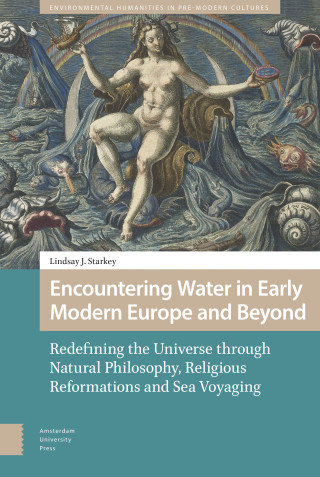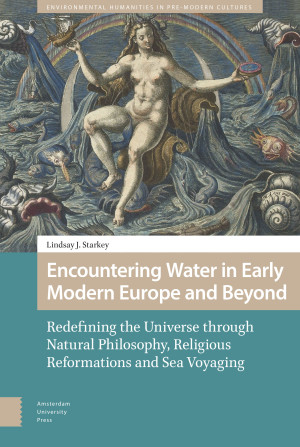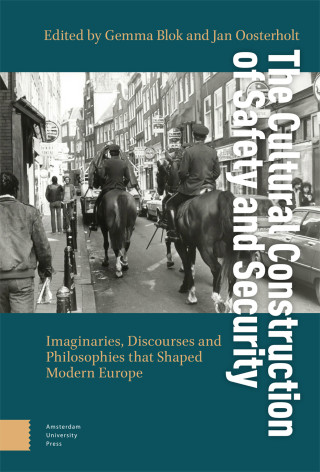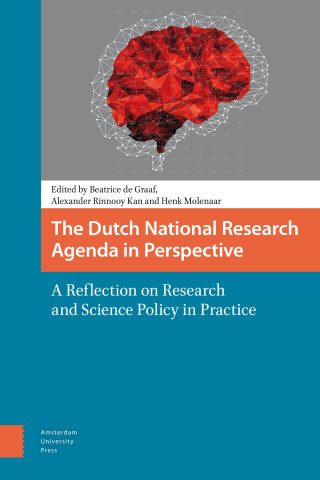"Of the four elements that classical philosophy—and subsequently the hermeneutics of the Judaeo-Christian tradition—saw as forming the essence of life on Earth, water has undoubtedly received the greatest attention in both scientific and religious-philosophical writings. This fact is clearly demonstrated by Lindsay Starkey in Encountering Water in Early Modern Europe and Beyond. [...] Adopting a convincing line of argument, Starkey says that from the sixteenth century onwards there has been a shift away from a philosophical-religious approach to one that is more practical, discussing water more in terms of human activities (in particular, voyages of geographical discovery)."
- Salvatore Ciriacono, Università degli Studi di Padova, Renaissance and Reformation 44.1 (Winter 2021)
"Through the long-term approach, Starkey presents a novel and informative overview of developments in European intellectual thought over the course of a millennium and a half. [...] Encountering Water in Early Modern Europe and Beyond is evidence of the important insights that can be gained through covering long time periods. The book is also an important contribution to the discussion of how people have understood their environment throughout history and adds to our understanding of early-modern world views."
- Charlotta Forss, Imago Mundi, Vol. 74, Pt. 1





